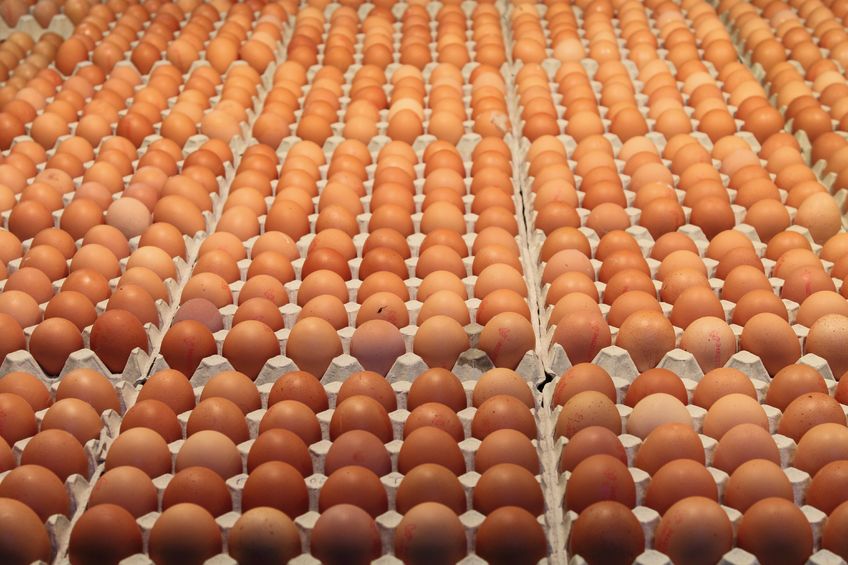
Imported eggs are under fierce scrutiny as food safety professionals warn they could threaten both public health and business survival.
A survey by the Chartered Institute of Environmental Health (CIEH) revealed that more than four out of five members believe imported eggs fail to meet the rigorous hygiene standards of their British counterparts.
The findings echo recent calls from the British Egg Industry Council (BEIC) urging caterers and food operators to exercise extreme caution when sourcing eggs from overseas.
The study, which canvassed over 100 environmental health professionals, uncovered striking levels of unease within the sector.
More than eight in ten respondents said imported eggs fall short of the safety and hygiene benchmarks set by the British Lion scheme.
A similar proportion felt that imported egg products present a greater risk to consumers than those produced in the UK.
The potential consequences were also laid bare. Most (86%) of respondents warned that serving unsafe eggs could result in fines, reputational damage, or even the closure of businesses.
More than seven in ten professionals expressed concern that offering runny imported eggs could leave restaurants exposed to legal action.
Support for tighter controls was also strong. Nearly 80 percent of those surveyed backed restrictions on the use of imported eggs in commercial kitchens.
Transparency was another recurring theme: almost two-thirds of participants said food outlets should be required to make it clear to customers when eggs are not of British origin, allowing diners to make informed choices.
The research comes amid reports of increasing volumes of imported eggs entering the UK from countries such as Holland, Poland, and Ukraine.
Nick Allen, chief executive of the BEIC, said the message from food safety experts was unambiguous: “This research sends a clear message - food safety professionals do not trust imported eggs.
"With risks for businesses ranging from salmonella to serious legal consequences, British Lion eggs are a must for all kitchens.”
Independent food safety specialist Sterling Crew also urged caution. He noted that while eggs are a staple ingredient for caterers, the risks associated with imported products are particularly pronounced at present.
“Eggs are a staple for most caterers, but not all eggs are created equal when it comes to food safety,” he said.
“The risks associated with using imported eggs are always high, but the frequency of serious outbreaks across Europe, and the quality of eggs we’re seeing imported at the moment, means the risk is even higher at present."
